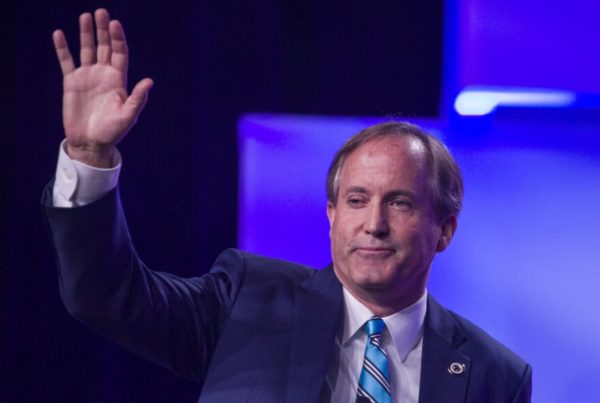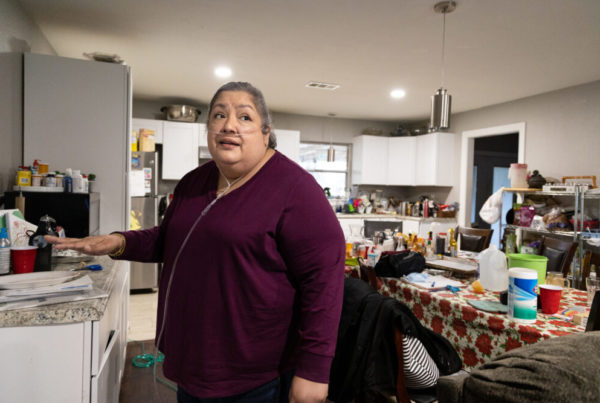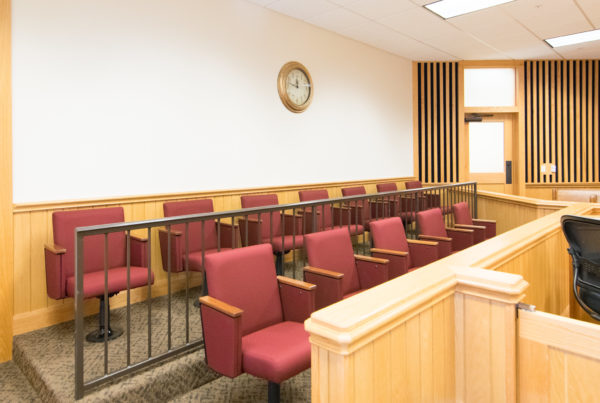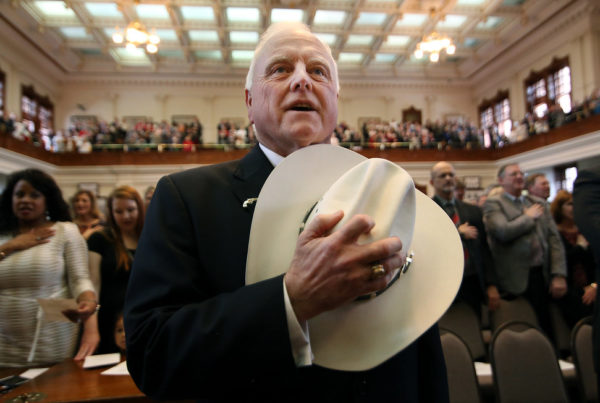The primary problem with Texas elections
“If you see polling on the quality of schools or on access to health care, border control, guns, any series of issues, opinions are far more moderate than policy ends up being.”
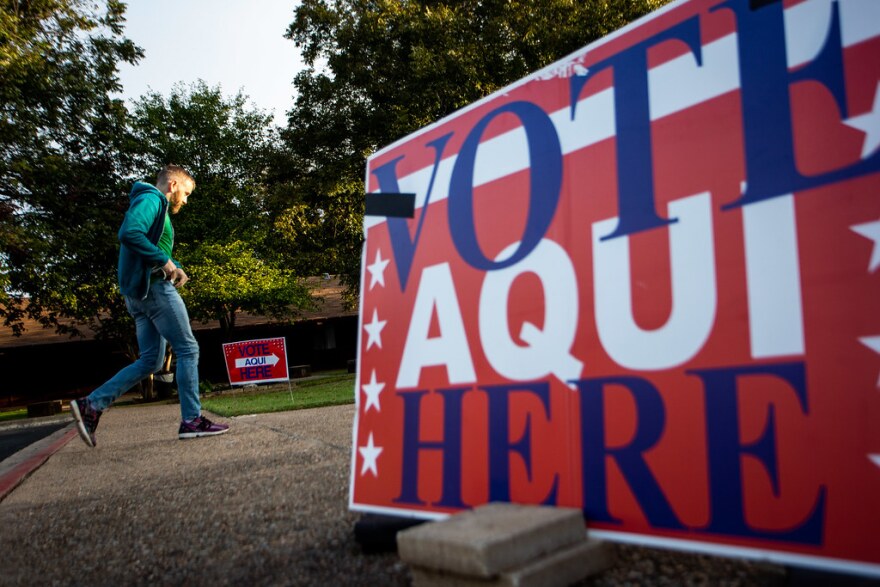
Gabriel C. Pérez / KUT
A voter heads to a polling site at Faith Presbyterian Church in the Travis Heights neighborhood of Austin on Election Day.
Feb. 14 is the start of early voting for Texas’ March 1 primary. This is when Democrats and Republicans choose their party’s candidates to run in the November general elections. If this year is anything like past primary elections, who actually makes it onto the final ballot will be determined by a very small portion of Texas voters. This could be the “primary” problem in Texas politics.
People often call Texas a very conservative, deep red state. But is that true? Opinion polling of the state’s general population tells a different story. Most Texans back the expansion of Medicaid, want climate change addressed, and don’t think abortion should be completely unavailable.
“If you see polling on the quality of schools or on access to health care, border control, guns, any series of issues, opinions are far more moderate than policy ends up being,” said Cal Jillson, political science professor at Southern Methodist University.
Jillson says there’s a vast disconnect between what the majority of Texans want from their state government and what the state’s leaders are doing. He says that’s because elected officials take their directions from the people who vote for them.
In Texas, that’s the voters in the Republican primary, said Jim Henson, director of the Texas Politics project.
“If you look at turnout in the last midterm Republican primary in 2018, you had fewer than 1.6 million voters. So that means when you’re talking about statewide elected officials, you’re talking about a candidate needing to get it in that election… 800,000 votes got you a win out of a state of now almost 30 million people,” he said.
That gives a very small fraction of the state’s population — about 3.5 % — an outsized influence on Texas. For proof, Henson says, look at last year.
“We saw very clearly in the 2021 legislative session in Texas, which is gone down in the books as one of the most conservative sessions in at least the modern history of the legislature. There was no expectation among most Republicans that they had to worry about their Democratic challenger in the general election,” he said.
If you found the reporting above valuable, please consider making a donation to support it here. Your gift helps pay for everything you find on texasstandard.org and TPR.org. Thanks for donating today.



